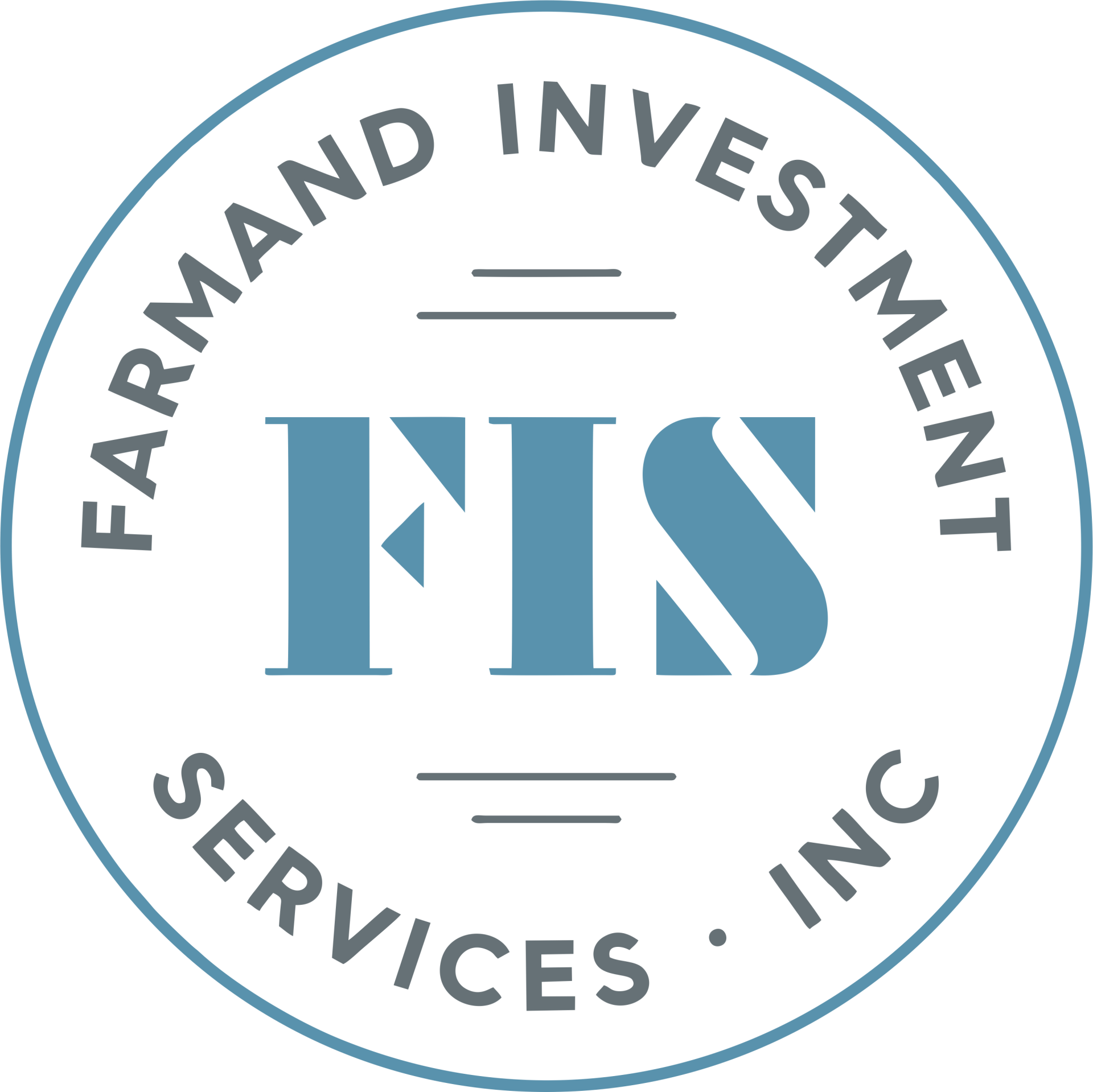Quarterly Investment Update – 4th Quarter 2011
QUARTERLY INVESTMENT UPDATE
4 TH
QUARTER 2011
January 05, 2012
Dear Friends and Clients,
As investors, the past 12 months have delivered more volatility than many of us expected. Last year at this time, when we looked ahead to the New Year, the global economy was still expanding briskly, healing from the wounds of the 2008 financial crisis. Despite isolated problems (Greece was already a sore spot); stock markets around the world were posting solid gains. The steady momentum brought a rousing performance for stocks during the first four months of the year. However, the party screeched to a halt in early May as Greece’s problems worsened. Then, over the summer and into the fall, concern grew about the soundness of not only Portugal’s government debt but also that of Italy, Spain and even France. Here in the United States our congressional charade over the debt ceiling (August), followed by the failure of the budget “super-committee” (November) helped provoke two steep declines from which equities have still only partly recovered.
Obviously, we are not experiencing a typical business cycle. Normally, two years after the official end of a recession, the US economy would have restored a much higher percentage of the jobs that were lost. Thus far, only about 40% of the lost jobs have come back. Furthermore, at this stage of a recovery, industrial production should be challenging or exceeding its previous high. Currently, we are still about 6% below the 2007 peak. The stock market, too, is not behaving in a typical manner. Since 1900, the S & P 500 index has tacked on an average price gain of 11.3% in the third year of a president’s term, and 13.4% if you consider the president’s first term alone. However, for the current year ended December 31, 2011, investors in the financial markets endured one of the most gut-wrenching years in recent memory. The Standard & Poor’s 500 Index closed at 1257.60, a fraction of a point below where it started the year. It ended 2010 at nearly the same level, at 1257.64. Its loss for the year is 0.04 point.
The confusion for investors, of course, stems from the news flow. Some of the information we are receiving looks fairly encouraging. Corporate America will most likely post record profits to an all-time high in 2011. Fewer people are signing up for unemployment insurance. The four-week count of “first-time” claims for jobless aid just fell to its lowest reading since June 2008. So we can infer that the economy’s job engine is reviving up a bit. But Europe continues to send out distress signals with the risk of a Lehman-type event in Europe that would have repercussions around the world. Also, here in the United States, the main theme during the election season should be not only “It’s the Economy Stupid” but also “It’s the Politics Stupid!” Once the political situation becomes more certain, then we are hopeful that the economy will take care of itself. A recent article form USA Today reflected that the outlook for US stocks in 2012 is not wildly bullish nor is it depressingly dreary, but rather “cautiously optimistic”. The main source of trepidation is Europe. How its debt crisis plays out will largely dictate whether markets thrive or dive. U.S. politics could also move markets as the election nears.
Our strategy for the New Year can be summed up in three simple words: Play it safe. As hopeful as we are that 2012 will end on a strong note, we will be reaching for every defensive tool at our disposal to protect our wealth and keep it growing in the months and quarters ahead. As we noted before, we have attempted and succeeded to increase our Fixed Income Asset allocation and decrease our Equity Asset allocation.
As far as equities are concerned, we continued to take advantage of the volatility by adding small positions in equities such as Clorox (CLX), Covidien (COV), Intercontinental Hotels Group (IHG), Ingersoll Rand (IR), Kellogg (K), Novartis (NVS), First Niagara Financial (FNFG), Oracle (ORCC), and Wells Fargo (WFC). We also sold the following equity positions: Campbell Soup (CPB), Expedia (EXPE), and Lockheed Martin (LMT). As far as the fixed income-portion of our portfolios are concerned, we continued to purchase the closed-end Western Asset Emerging Markets Debt Portfolio (ESD) as well as the Vanguard Intermediate-Term Investment Grade Bond Fund (VFICX), which currently yields 4.25%. We sold the small position in the Dodge & Cox Balanced Fund (DODBX) from the fixed portion of our portfolios.
All in all, we feel that the market climate is changing and have prepared ourselves for a season of rougher weather in 2012. Recent data from Europe’s purchasing managers indicate that the continent is already in recession, with effects that will ripple out to our shores, probably as soon as the first quarter. Interest rates on Italian and Spanish debt are hovering near dangerous levels. Finally, this year, the Prime Savers Ratio takes a big drop as the number of people entering the over-65 age group races ahead of those entering the 40-60 brackets (“prime savers”). Unless other factors intervene to lift the market, a shortage of prime savers will tend to drain money out of stocks.
We want to thank all of you for giving our firm the opportunity to serve you. We thank you very much for the trust and confidence you have placed in our firm as it is always appreciated. Please contact me should you have any questions or comments. Also, we want to invite you to visit our website at www.farmandcpa.com for a quick Retirement Calculator, our latest firm news, and Market Commentary archives.

